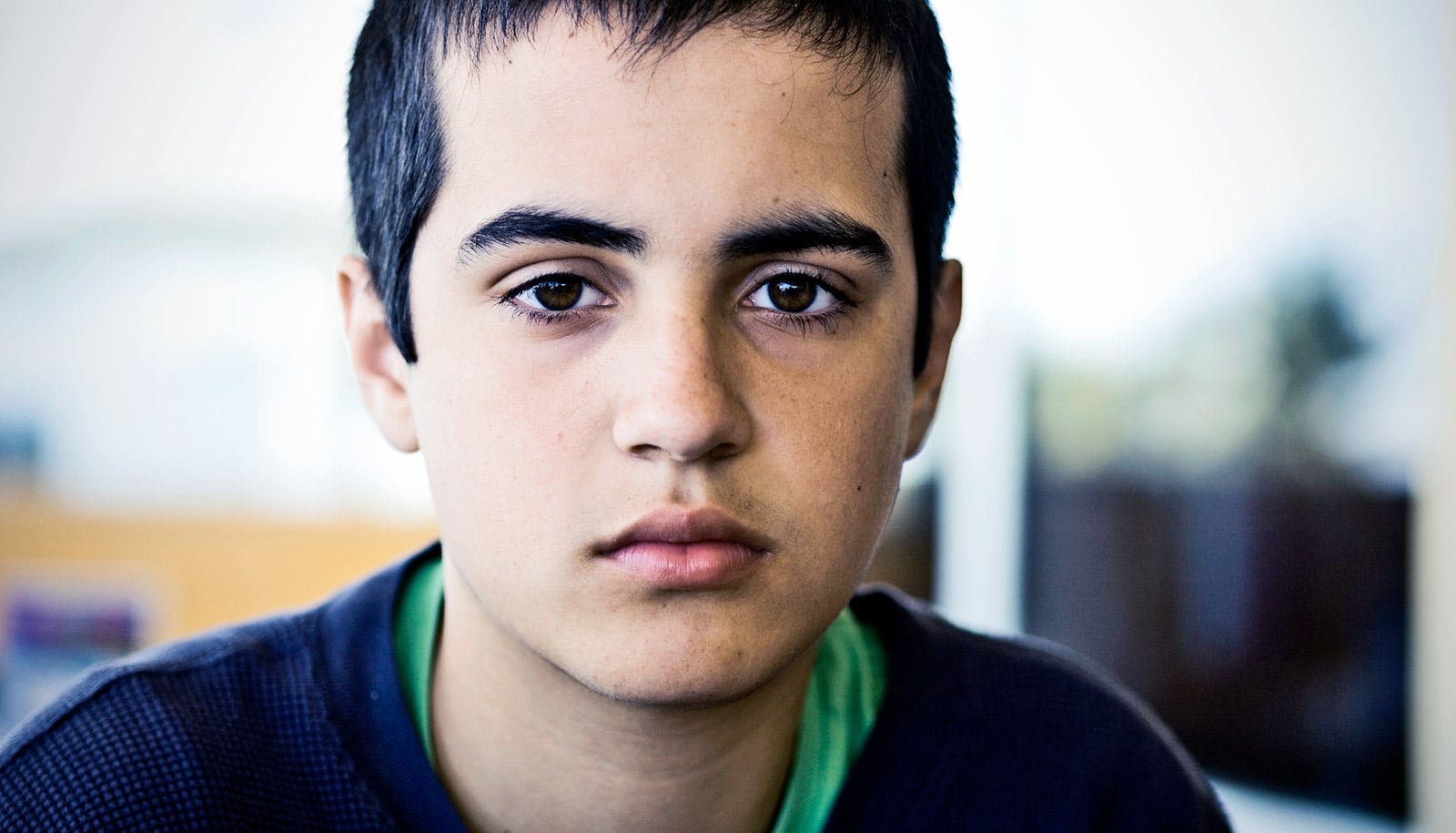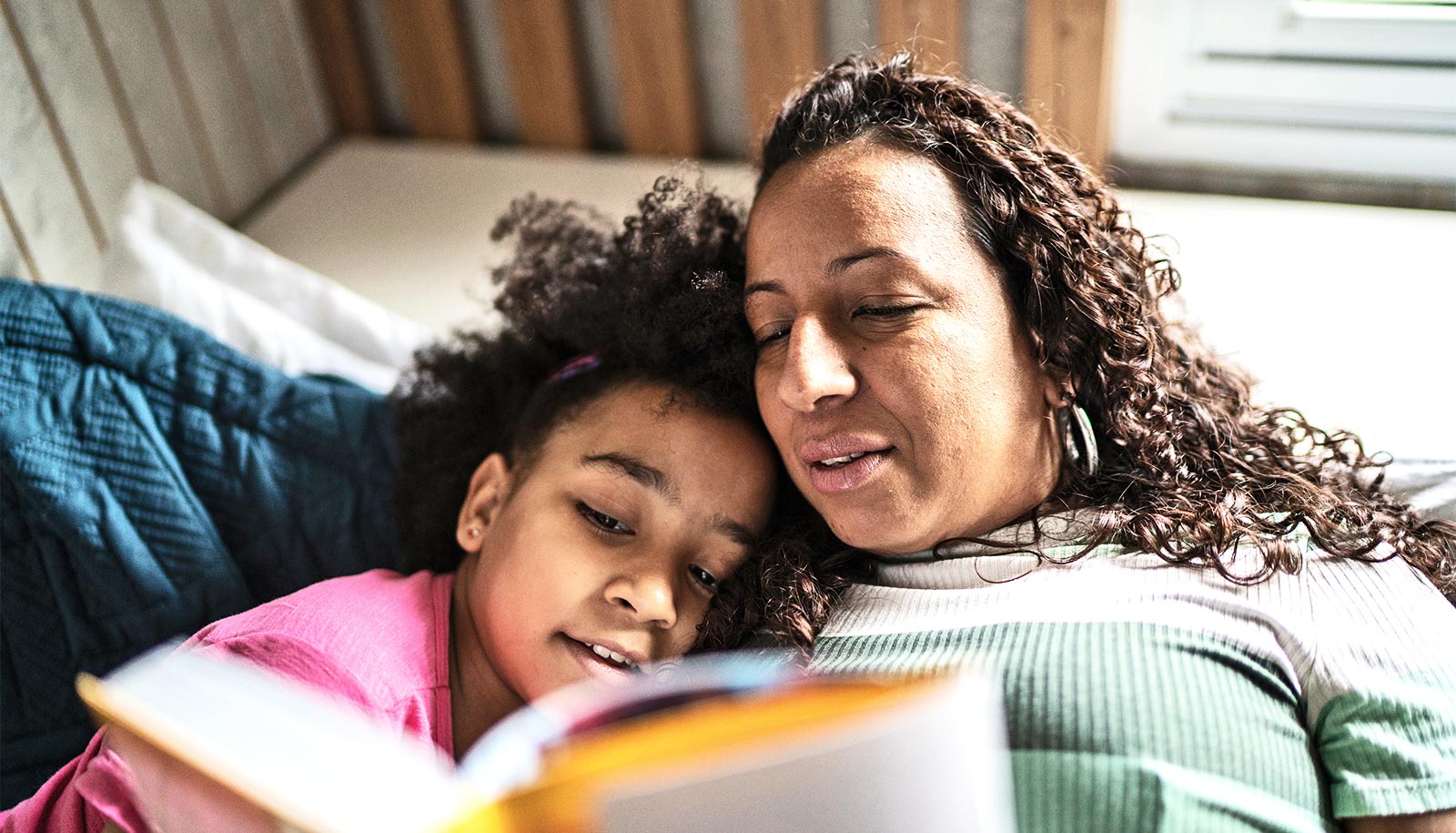Parent behavior may affect how well children with certain behavioral problems like attention deficit hyperactivity disorder, ADHD, perform in school, a new study suggests.
Researchers discovered an association between mothers that parent negatively—using yelling or spanking as punishment, for example—and a range of problems in the classroom.
“We found that how mom rated her parenting strategies was associated with several different school performance domains,” says Dara Babinski, assistant professor in the Penn State College of Medicine.
“We know about parent difficulties, we know about school difficulties, but we don’t know much about how they’re related.”
“There were associations between moms using more negative effective control behaviors and children with lower academic achievement, greater behavioral problems in the classroom, and more difficulties in peer and teacher relationships,” Babinski says.
Babinski says the results findings could help improve intervention efforts for families with children with behavioral problems, which could also include oppositional defiant disorder and conduct disorder.
Children with these disorders are prone to problems both at home and in the classroom, researchers say. They are at a higher risk of having trouble with school achievement, maintaining good grades, and dropping out. At home, parents of these children are more likely to engage in harsh and inconsistent discipline and poor monitoring.
“There’s decades of research linking negative parenting with raising a child with behavior problems. In general, the child’s difficulties increase the likelihood of negative parenting. The child’s aggressive and disruptive behavior is stressful and strains parent resources,” Babinski says. “So we know about parent difficulties, we know about school difficulties, but we don’t know much about how they’re related.”
Researchers recruited 147 mothers, 110 fathers, and 148 children—most with ADHD or another behavioral disorder—for the study. After the children’s symptoms were determined, parents took an assessment designed to measure parenting practices, including how positively involved they were with their child, whether they used negative or ineffective punishment, and if they had habits of inefficient monitoring.
These apps boost literacy of struggling young readers
The children’s teachers reported on their relationship with the students, how the children got along with their peers, and how disruptive they were in class. Additionally, the researchers collected the students’ standardized achievement test scores.
The researchers found that the ways moms and dads interact with their kids affect their children’s school performance in a number of ways.
Moms who parented negatively were linked with children who had poorer reading and math skills and who had poorer relationships with their teachers. Moms who reported lower monitoring of their kids or who played down their kids’ emotions were also associated with children with poorer peer relationships.
Dads who downplayed or discouraged their kids’ emotions were also linked with children who had poorer reading and spelling achievement.
The results are a good first step to learning more about family systems and how parenting affects children, Babinksi says.
“The real theme was the associations between maternal parenting and school performance, where poorer maternal practices related to poorer outcomes,” she says.
How parents can help kids build study skills at home
“It’s also striking that associations emerged between how parents described their parenting and their children’s standard achievement tests and teachers’ ratings of child functioning, which is different from relying solely on parent reports.”
Babinski says that, in the past, treatments for children with behavioral problems struggling in school often took place at school, but little attention has been paid to how difficulties at home or with parents impact school work. The new results highlight how important it is to work with families at home and at school, Babinski says.
“We’re seeing that parents do impact how their children perform at school. When we’re talking about interventions with these families, there needs to be more integrated efforts in both the home and the classroom, which are both critical to children with behavioral problems,” she says.
“We need to make sure parents and their children get support in all the areas they need.”
The findings appear in School Mental Health.
Other researchers from Penn State and from Mount Saint Vincent University , the University of Toronto, and the IWK Health Centre contributed to the research. The Nova Scotia Health Resource Foundation, the IWK Health Centre, and the Social Sciences and Humanities Research Council of Canada supported the work.
Source: Penn State



